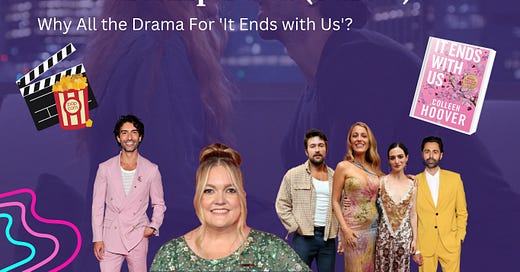Dearest Reader,
I decided I needed a holiday after 8 months straight of weekly writing and working through the political rollercoaster of the past few weeks. I may share something from the archives of my published work next week, to get some remaining summer rest before September. In the future I may share other published work when I need rest or to att…
Keep reading with a 7-day free trial
Subscribe to Agunda Okeyo's Loving Spoonful Newsletter to keep reading this post and get 7 days of free access to the full post archives.




